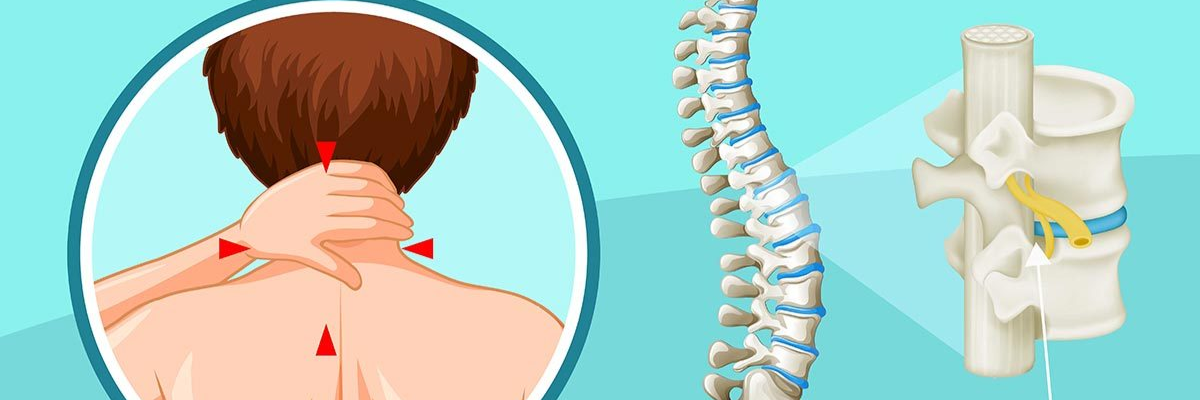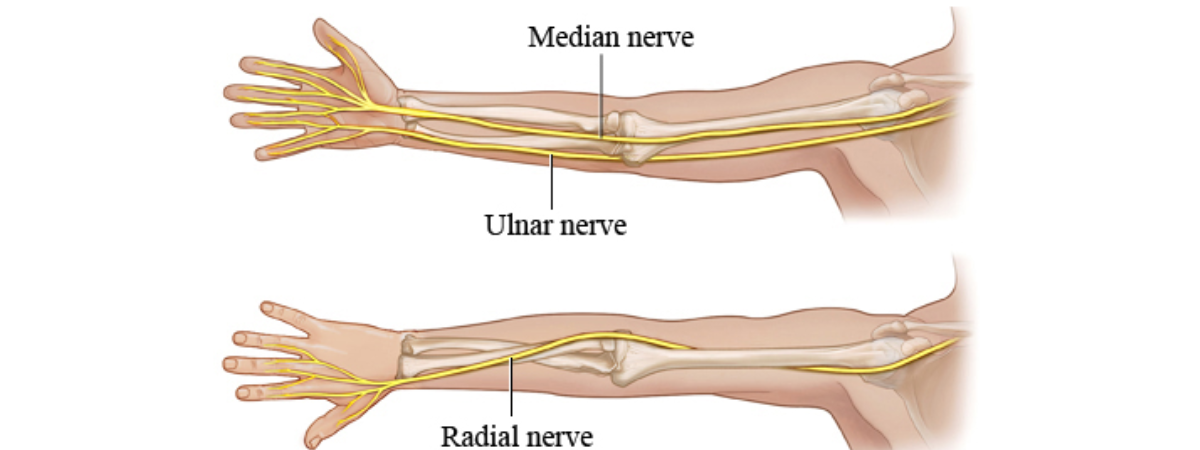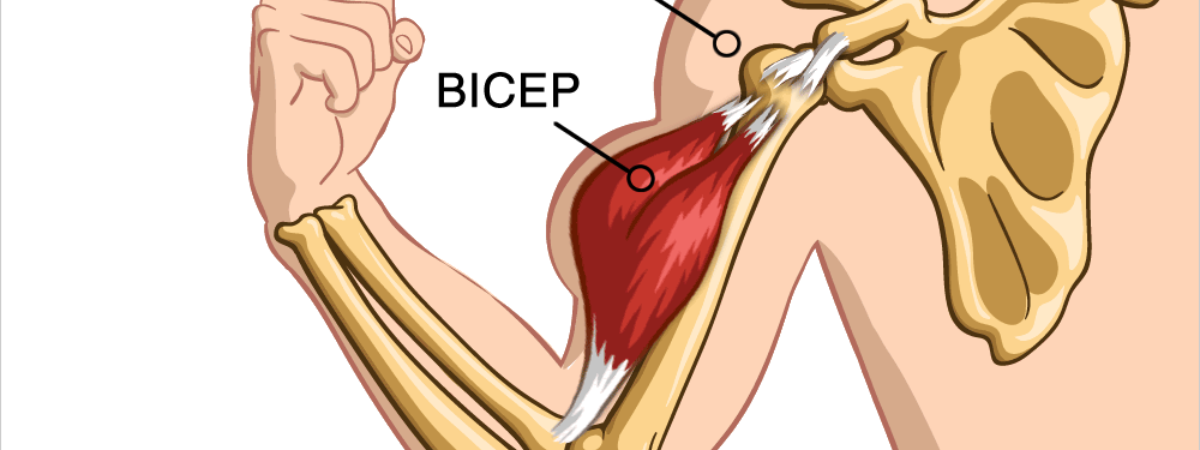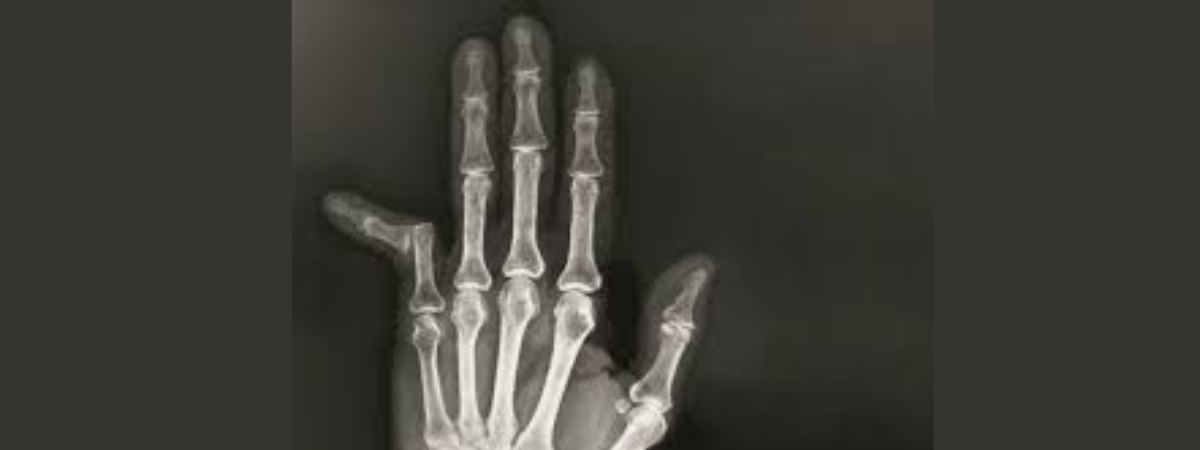Working Time
| Sunday - Friday | 07:00 AM - 11:00 PM |
| Saturday | Closed |
| Other Time | On Appointment |
Book Appointment
Introduction:
Dealing with a pinched nerve can be an uncomfortable and often painful experience. Whether it's caused by poor posture, a herniated disc, or repetitive movements, the pain and tingling sensations associated with a pinched nerve can significantly impact daily life. While professional medical advice is essential, there are several home remedies that may help alleviate some of the discomfort associated with a pinched nerve. In this blog post, we'll explore seven effective home remedies that you can incorporate into your routine to find relief.
Rest and Avoid Aggravating Activities:
One of the first and most crucial steps in managing a pinched nerve is to give your body the rest it needs. Avoid activities that may worsen the pain or put additional pressure on the affected nerve. This might include limiting repetitive movements, avoiding heavy lifting, and adopting ergonomic practices to maintain proper posture.
Hot and Cold Therapy:
Alternating between hot and cold therapy can provide relief by reducing inflammation and soothing the affected area. Apply a cold compress or ice pack to the affected area for about 15-20 minutes, then switch to a hot pack or warm towel. This contrast therapy helps improve blood circulation and may alleviate some of the pain associated with a pinched nerve.
Gentle Stretches and Exercises:
While rest is important, gentle stretches and exercises can contribute to the recovery process. Consult with your healthcare provider or a physical therapist to determine suitable exercises for your specific condition. Targeted stretches can help improve flexibility, reduce muscle tension, and alleviate pressure on the pinched nerve. However, it's crucial to perform these exercises cautiously and avoid overexertion.
Over-the-Counter Pain Medications:
Non-prescription pain relievers, such as ibuprofen or acetaminophen, can be effective in reducing pain and inflammation associated with a pinched nerve. It's essential to follow the recommended dosage and guidelines provided by healthcare professionals. If you have any existing health conditions or are taking other medications, consult with your doctor before using over-the-counter pain medications.

Maintain Proper Posture:
Poor posture is a common contributor to pinched nerves, especially in the neck and back. Pay attention to your posture during daily activities, whether sitting at a desk, driving, or standing. Use ergonomic furniture and support devices when necessary, and consider incorporating posture-improving exercises into your routine to prevent further stress on the affected nerves.
Essential Oils and Topical Treatments:
Certain essential oils, such as peppermint, lavender, and eucalyptus, are known for their anti-inflammatory and analgesic properties. Dilute these oils with a carrier oil, such as coconut or jojoba oil, and apply the mixture to the affected area for a soothing massage. Additionally, over-the-counter topical creams or patches containing ingredients like menthol or capsaicin can provide localized relief.
Stay Hydrated and Maintain a Healthy Diet:
Hydration plays a crucial role in overall health and can contribute to the healing process. Proper hydration helps maintain the elasticity of soft tissues, including nerves. Additionally, adopting an anti-inflammatory diet rich in fruits, vegetables, omega-3 fatty acids, and antioxidants can support the body's natural healing mechanisms.
Conclusion:
While these home remedies can help manage the symptoms of a pinched nerve, it's essential to seek professional medical advice for a comprehensive diagnosis and treatment plan. Persistent or severe symptoms may require more targeted interventions, such as physical therapy, prescription medications, or, in some cases, surgical procedures.
Remember that everyone's body responds differently to home remedies, and what works for one person may not be as effective for another. Listen to your body, be patient with the recovery process, and consult with healthcare professionals to ensure you're on the right path to healing.
If you experience persistent or worsening symptoms, such as weakness, numbness, or difficulty controlling bladder or bowel function, seek immediate medical attention, as these could be signs of a more serious condition requiring urgent intervention.
About the Author:
Dr. Srikanth Varma, a distinguished Orthopaedic Surgeon, is a specialist in Orthopaedic and Hand Surgery in Al Nahda, Dubai. Armed with qualifications including MBBS, MS (Orthopedics), FNB, FIAS, and FIAP, Dr. Racherla is a seasoned professional in the field. His expertise lies in Trauma, Hand, and Wrist surgeries, with a particular focus on Reconstructive Microsurgery, Peripheral Nerve Surgery, and Tendon Repairs and Transfers. Renowned for his commitment to excellence, Dr. Srikanth Varma is a trusted name in delivering comprehensive orthopaedic care in the dynamic medical landscape of Al Nahda, Dubai
Recent Posts
Navigating the Dislocation Dilemma: Can Your Finger Take the Hit?

Read More
Navigating the Intricacies: Unraveling the Major Nerves of the Hand

Read More
Decoding Connective Tissues: Unveiling the Differences Between Tendons and Ligaments

Read More
Navigating the Road to Recovery: Understanding the Expected Recovery Time of a Torn Bicep

Read More
Unveiling the Pain: Diagnosing and Treating Carpometacarpal Joint Arthritis in the Hand

Read More
Is Your Phone Causing Wrist Discomfort? Exploring the Link with Dr. Srikanth Varma, Orthopedic Hand and Micro Surgeon in Al-Nahda

Read More
Unraveling the Mechanics: Can You Dislocate Your Finger?

Read More

